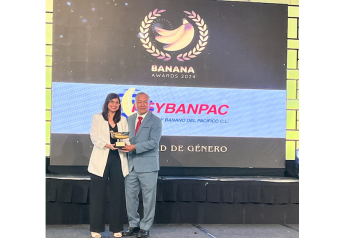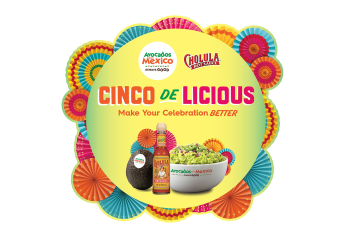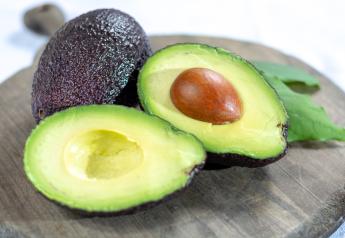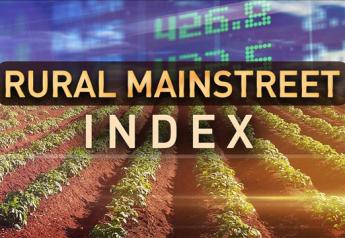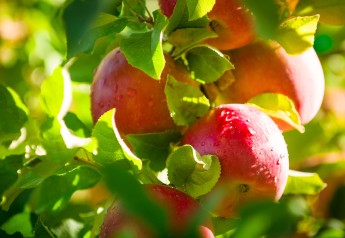Mango board seeks to add frozen mangoes

The Orlando, Fla.-based National Mango Board wants to add frozen mangoes as a covered commodity in the fresh mango research and promotion program.
Comments on the April 6 proposal from the U.S. Department of Agriculture, which oversees the program, are due June 5.
The National Mango Board asked for approval to add frozen mangoes to its research and promotion efforts in November 2016, according to the USDA.
“Because of the current program’s success for the fresh mango market, those who sell frozen mangoes have been interested in becoming part of the program,” the proposal said. A 2016 board survey showed that 71% of frozen mango importers who responded favored the inclusion.
Mango growers often sell fruit to fresh and processed markets, and some importers handle both frozen and fresh product. Expanding the program would give frozen mango marketers the ability to increase demand, according to the proposal.
“We have been in touch with the frozen mango industry leading up to this and they were very interested and provided good feedback,” said Manuel Michel, executive director of the National Mango Board.
Michel said April 18 the USDA will consider comments it receives on the proposal. If there is support from the industry, he said the USDA will publish a final rule and schedule a vote on the proposal. Both fresh and frozen mango importers will vote, he said.
“I’m being optimistic and hoping everything can be finalized this year,” he said.
Michel said the board considered the idea for several years before submitting it to the USDA in 2016. The USDA required the board to communicate with fresh and frozen mango companies about the plan.
The proposal would:
- Expand the board’s membership from 18 to 21 by adding two importers of frozen mangoes and one foreign processor of frozen mangoes;
- Assess frozen mangoes at a rate of a penny per pound; and
- Free importers who import less than 200,000 pounds of frozen mangoes a year from paying the assessment.
The USDA said the fresh mango research and promotion program took effect in November 2004 and assessment collection began in January 2005. Under the program, fresh assessments are three-fourths of a penny per pound.
Imports of fresh mangoes have grown from 575 million pounds in 2005 to 985 million pounds in 2016, according to USDA trade statistics. Assessment revenue has increased from $3.29 million in 2007 to $7.3 million inn 2016. Mexico accounted for 45% of mangoes imported to the U.S., followed by Ecuador (22%) and Peru (18%).
Imports of frozen mangoes averaged 125 million pounds annually from 2014-2016. With an assessment rate of $0.01 per pound, the USDA said frozen mango imports would generate about $1.25 million per year in assessment revenue for the National Mango Board.
The board has collected more than $34 million in assessments since 2008 to boost mango consumption in the U.S., according to the USDA.
Frozen mango growth
The USDA said imports of frozen mangoes have jumped from 32 million pounds in 2005 nearly 118 million pounds in 2016. About half of frozen mango imports were sourced from Mexico, with Peru accounting for 33% and Guatemala 2%.
Under the proposal, importers of less than 200,000 pounds of frozen mangoes be exempt from the proposed assessment; exemption from the fresh rule is under 500,000 pounds, according to the USDA.
Board changes
On the current 18-member National Mango Board, the USDA said 15 out of the 18 seats (about 83%) are for importers and foreign producers. If three board seats are added to represent frozen mango imports (two importers and one foreign processor), then 18 of the new 21-member board (almost 87%) would represent foreign mangoes, according to the USDA.
Under the revised board makeup, three board members would represent importers and foreign producers of frozen imported mangoes (17%) and the remaining 15 seats (over 83%) would represent fresh imported mangoes.


